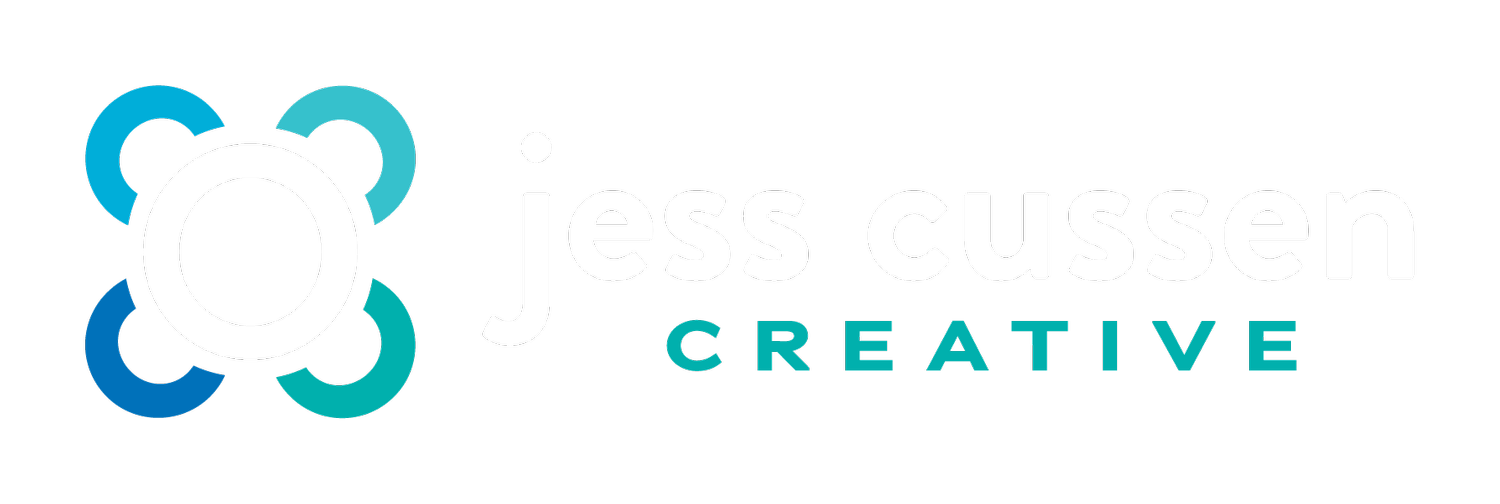Starting a new business is exciting but it can also be a really stressful and confusing time. Often you’re not quite sure what to do and when to do it. You fumble around learning as you go and reading all the business magazines and websites you can find.
Eventually, through lots of trial and error and learning on the run, you become more confident in yourself as a business owner.
I’ve learnt a lot since starting my business and I’m going to share with you the top 7 things I wish someone had told me before I started it. Don’t make the same mistakes I did; learn from me and save yourself some headaches!
1. INVEST
When you’re first starting out the budget is tight and the list of things to spend it on seems never-ending. If you spend money on one thing, make it a beautiful, functional website.
A website is the first impression your business makes to many customers and it needs to be great. Find a skilled web designer who can build what you need. While you’re at it, check out if there are any business grants available to help with the cost.
2. ORGANISE YOUR BUSINESS ACCOUNTS
One of the worst things you can do is not separate your business finances from your personal finances. Even if you’re a sole trader, at tax time you’ll be grateful you took the time to split it up. Take it from me; the person who had my business expenses linked to my personal credit card!
Get yourself a savings account that pays high interest to hold your income tax and GST contributions and make some interest before the money goes to the tax man.
3. KNOW YOUR SKILLS AND YOUR STRENGTHS
There are things in your business that you are going to be great at and some things you are just good at. For me, that’s print design. I can design a website but it’s not the best use of my time and I’m not passionate about it so I limit those jobs as much as I can.
Don’t just take on a job because it’s there. Choose quality over quantity every time and keep your standards - and your passion for the work - high.
4. NOT ALL SOFTWARE IS CREATED EQUAL
If you decide to handle your own finances, make sure you choose a system that works with the Australian tax system and our financial regulations. In my first year of business, I used an American-owned company and they were not GST friendly. That made it so much more difficult to do basic budgeting!
Make sure you think it through before committing.
5. YOU ARE THE EXPERT
It’s really common when you first start out to be overcome by the self-doubt monster who makes you think you’re not good enough. The truth is that you are good enough and if people are paying for your services, then they see your value.
Be confident about what you bring to the table! Give your clients the benefit of your skills, knowledge and experience by giving them honest feedback, flexible options and be firm about when something is not going to work.
6. SET UP YOUR BUSINESS PROTECTIONS
This might be one of the things that sits on the bottom of your to-do list for a long time because everything’s going well. That is the perfect time to sort out your contracts and subcontractor agreements and write your terms and conditions.
It might seem like overkill, especially if you have great relationships with other businesses and your clients, but it only takes one misunderstanding or someone having a bad day for it all to fall apart. This is business: protect yourself and trust no one!
7. LIVE AND BREATHE YOUR BUSINESS BUT DO NOT GET EMOTIONALLY INVOLVED
When you’re involved in your business every day, it’s easy to get attached and think of it as your baby. But you can’t afford to get emotionally attached to everything that goes on.
There will almost certainly be times that someone doesn’t like how you do things, or says something negative about you and your business. That’s okay. Everyone is entitled to their opinion, even if it’s wrong! You can’t take it personally and let it distract you from your purpose.
For every one troublesome person, there are dozens of others supporting you and cheering for you. Be strong.
Running your own business is a challenge but it is so rewarding when you are doing what you love and using your skills to help people. Making mistakes is all part of the learning process.
Have you got any tips you would give to a new business owner? Share them below!




![[FREE] Logo Design Brief Template](https://images.squarespace-cdn.com/content/v1/598bd539c534a55657b0a22a/1713405513693-1GAYTK4P9GOFV7GLAY8D/Template-Mockup.jpg)